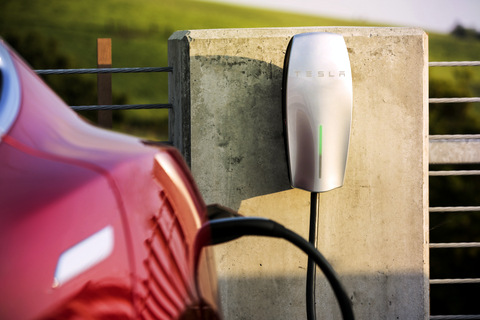Math Is Hard—But Critical for EVs
When it comes to EVs, it turns out two contradictory things can be true. In this case those two things are: EVs cost less own to than gasoline vehicles, and EVs cost more to own than conventional cars. Automotive News, the trade publication that is the Bible of the auto industry, took this issue head on, working with data gathered by J.D.Power, another well-known player in the industry.
The starting point is tallying up the cost of owning a car over five years, in this case—purchase price, taxes, maintenance, residual values, regional gasoline prices and electricity rates as well as zero-emission vehicle incentives. The findings reflect what we know about life in the U.S.—where you live matters. In two states Automotive News/J.D.Power found EVs were more expensive to own than gas cars, but in the other 48 EVs were more economical.
But you can parse it even finer than that. While owning an EV in New Jersey saved more than $10,000 over five years, and owning an internal combustion engine (ICE) vehicle in West Virginia left you $1,800 richer, in Vermont the difference after the same time period was only $29. Keep in mind that the five-year time frame also modifies the advantages. A $2,000 advantage works out to a little more than $33 per month, less than the cost of a gas fill up.
The Numbers Are Good for EVs
The biggest takeaway from the study was that EVs definitely (other than the two state exceptions) don’t cost more to own, and should pad the pocketbook of owners in most states. That said, current higher initial prices for EVs ($13,000 on average) remain a barrier for EV adoption. One way of mitigating those costs is by leasing, which can allow dealers to use the federal tax incentive to reduce the monthly tab.
Residual values are another drag on EV costs, since they have a major impact on the total cost over a five-year period. Because EVs are relatively new to the market, their residual values were initially unknown. In addition, those prices can be affected when the prices on new models are dropped, as Tesla has done during the past year. As EVs are building up some longevity in the market, we’re starting to see those values stabilize—and rise, so the total cost of ownership for EVs appears likely to only get better.
As is the case with conventional vehicles, incentives from the manufacturer can skew costs in several ways. The biggest issue is they tend to be temporary, so those who take advantage of them are affected.
The bottom line: Do your homework. Check your math. By an EV (even if you’re in West Virginia or Maine); there are ways to make the numbers work.
The post The Big E: July 14, 2024 – Today’s Most Important News first appeared on Clean Fleet Report.







